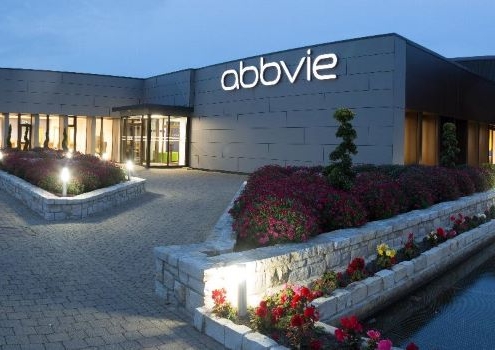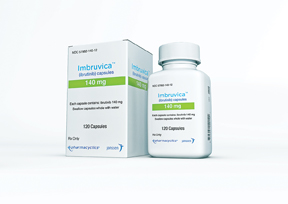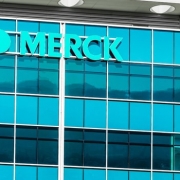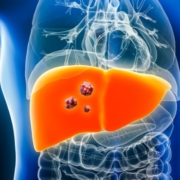AbbVie, Genmab bi-specific lymphoma data tee up potential challenge to Roche drug
AbbVie, Genmab bi-specific lymphoma data tee up potential challenge to Roche drug
Published: Jun 29, 2023
By Nick Paul Taylor
BioSpace
AbbVie and Genmab have reported data on their recently approved bi-specific antibody in a second cancer indication, positioning them to talk to regulators about filings to challenge Roche.
The new data are from a Phase I/II clinical trial of epcoritamab in patients with follicular lymphoma (FL), a slow-growing cancer that develops when the body makes abnormal B lymphocytes. By simultaneously binding to two receptors, the bi-specific antibody is designed to direct the immune system to kill cells that express CD20. The Phase I/II study shows the approach works in FL.
In the study, investigators administered the bi-specific antibody to 128 adults with FL who had previously received at least two lines of therapy. Of the participants, 70% had tried both an anti-CD20 monoclonal antibody and an alkylating agent. In that heavily pretreated population, epcoritamab triggered partial responses in 82% of patients.
The response rate exceeded the prespecified efficacy threshold and suggests epcoritamab may hold its own against Roche’s rival CD3xCD20 bispecific Lunsumio, which won FDA approval in FL last year. Roche secured approval on the strength of a 90-subject clinical trial that linked Lunsumio to a response rate of 80%.
However, comparing data generated in different studies can be unreliable because of confounding factors.
AbbVie and Genmab are yet to share key details of the epcoritamab dataset. The trial is also yet to reach the median duration of response and the developers are yet to report the complete response rate. Lunsumio elicited complete responses in 60% of patients.
While the available efficacy results from epcoritamab look competitive, safety is an area of concern. Notably, investigators saw cytokine release syndrome (CRS) in 66.4% of patients. CRS, an adverse event associated with many immunotherapies, happens when immune cells rapidly release cytokines into the blood and cause a systemic inflammatory response.
The rate of CRS in the epcoritamab trial was higher than in Roche’s study of Lunsumio in FL. Per the Lunsumio label, 39% of patients who received the recommended dose in a clinical trial suffered CRS. The difference reflects more mild CRS cases in the epcoritamab trial. AbbVie and Genmab said 1.6% of the epcoritamab cases were Grade 3 or worse. In the Lunsumio trial, 2% of patients had Grade 3 CRS and 0.5% had Grade 4.
Even so, AbbVie and Genmab are working to reduce the rate of CRS. The optimization part of the trial is assessing alternative step-up dosing regimens to mitigate the risk of the syndrome. Preliminary data indicate the changes have a “clinically meaningful” effect on the CRS rate, the partners said. AbbVie and Genmab are yet to share numbers on the new CRS rate or say if the changes affected the response rate.
Source: BioSpace










